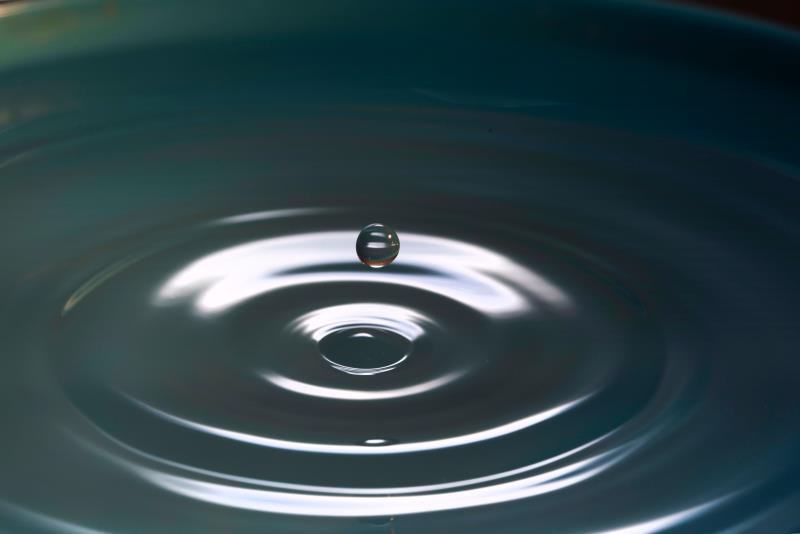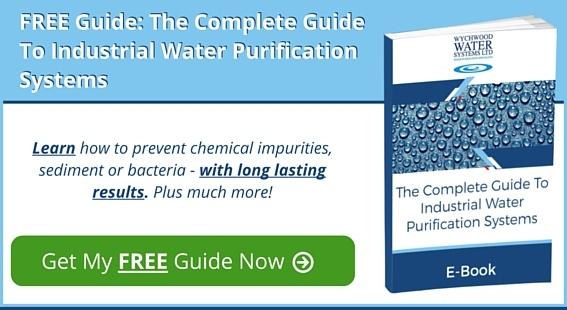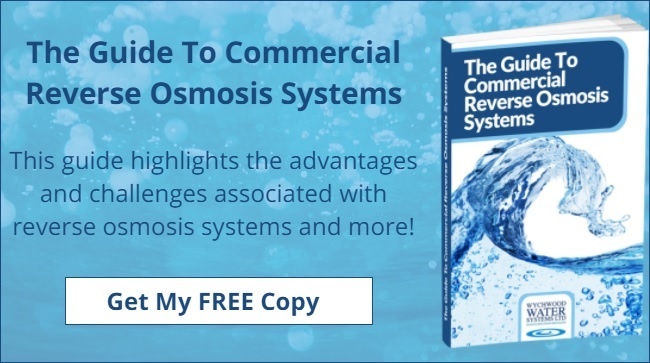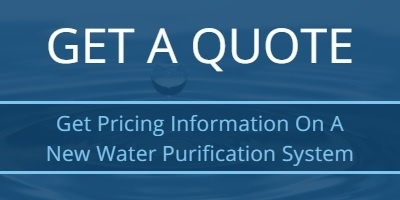
Industrial deionised (DI) water systems are extremely useful for a range of applications. Reverse osmosis (RO) systems are also used in many circumstances to treat poor quality process water and make it suitable for industrial use. Deionisation is not better than reverse osmosis, simply different. Each system has its advantages, and often the two processes can be used together in the same water purification plant.
In this article we briefly discuss the advantages of both water purification systems, to help you select the best one for your production facility:
Benefits Of A Deionisation System
DI systems purify process water by stripping out mineral ions from the water and replacing them with hydrogen ions – which are then synthesised into additional water. This decreases the total dissolved solids (TDS) count of the feed water. The process involves an ion-exchange, whereby cations and anions are removed from the water. Deionisation can use either chemical resins or an electric charge.
There are several advantages to be gained from using a DI system:
1) If you run a facility with cooling towers, then you can install a DI water system to improve their performance. Remember, you will require less water if it is deionised, since pure water can evaporate more easily and provide maximum transfer of heat in a cooling tower.
2) DI water systems go beyond simply providing soft water. Many facilities use chemical water softeners, but fail to understand that simply removing calcium and magnesium ions from the water still leaves behind the sodium ions. Deionisation is a more thorough solution, stripping out all unwanted minerals and improving the heat carrying capacity of water. Using deionised water prevents sodium build up and extends the life of any commercial application.
3) Deionised water systems are fairly inexpensive when compared to other purification options, such as distillation. Industrial deionisation systems work on a large scale and require fewer consumable elements, especially if a Continuous Electrical Deionisation (CEDI) system is employed. In terms of energy use, industrial DI systems are extremely efficient and require less power than some alternatives. They also result in a higher level of water recovery when compared to other systems.
4) DI water systems reduce your dependence on purchasing demineralised water from external sources, making your facility more self-sufficient. This cuts out the risk of issues developing with your supplier and reduces costs caused by downtime.
Benefits Of Reverse Osmosis
Reverse osmosis systems force water through porous membranes to strip out particles, which differentiates water molecules from the solid molecules present in the solution. The RO process does not deionise the water, but it is extremely efficient at filtering out large organic compounds, bacteria and viruses. It is often used in conjunction with deionisation to treat feed water for organic contaminants, prior to ion-exchange.
As a stand-alone system, reverse osmosis offers the following benefits:
1) RO systems are energy efficient and can reduce the TDS of a feed water supply by a considerable margin in a short space of time. Although RO plant can be expensive, they are one of the most cost-effective options for facilities that require regular, large quantities of high purity water.
2) Reverse osmosis produces stain free water. This is important in industries that extensively use water in sensitive applications, such as pharmaceutical manufacturing or the electronics industry. Water treated by reverse osmosis is chemically inert, avoiding the risk of adverse reactions when used in some manufacturing processes.
3) Treatment with reverse osmosis removes almost all endemic viruses and waterborne pathogens, minimising the risk of bacterial contamination in your plant, and avoiding the necessity of using chemical purification agents – which may not be suitable in all cases.
Making The Right Choice For Your Facility
More information about the comparative benefits of DI and RO water systems can be found in our free Guide To Industrial Water Purification Systems. Download a copy for free to learn about the right choice of water treatment plant for your facility.
If you have any questions, please don’t hesitate to get in touch with one of our water treatment engineers today.









 We are a specialist independent company involved in water purification and water treatment technologies
We are a specialist independent company involved in water purification and water treatment technologies


